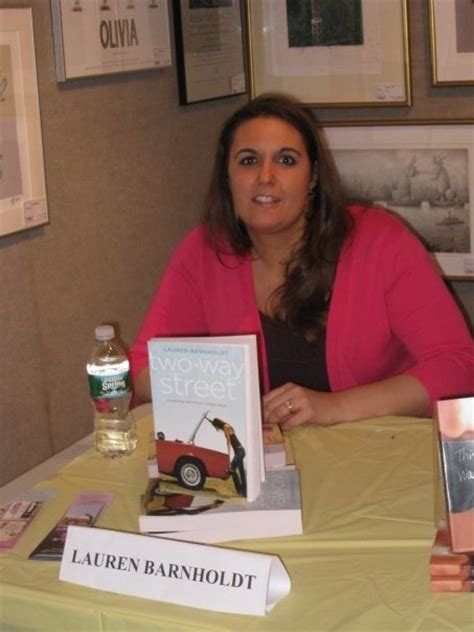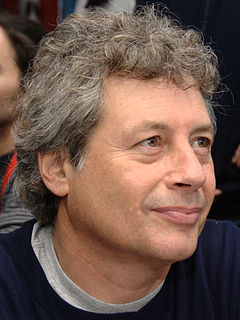A Quote by Tammara Webber
When you find yourself about to say something that crosses a line, something that could cause irreparable harm, sometimes the best you can do is just not say that thing.
Related Quotes
As a writer, you're always trying to say the best thing. You're always thinking about what's the best thing to say, and what's the hardest way to say it, and what's the best line? Sometimes the best line is the simplest line. Sometimes the best line is the line that evokes more feeling than actual wordsmithing.
Because sometimes when someone is telling you something really important, it’s best to just let there be silence, to really think about what they’re saying. A lot of times people think they have to say something all insightful or wise or something to try and make the person feel better. But really, sometimes silence is best.
Say the sea. Say the sea. Say the sea. So that perhaps a drop of that magic may wander through time, and something might find it, and save it before it disappears forever. Say the sea. Because it's what we have left. Because faced by the sea, we without crosses, without magic, we must still have a weapon, something, so as not to die in silence, that's all.
Every song falls short of the glory of what a song could be. That's why the urge is there to start again and yet again. Often it's the fault of rhyme. I've discovered a hundred times that there just aren't enough rhymes to say what I wanted to say, so I said something else instead. Sometimes it was a better thing, but the thing I meant to say went unsaid. So there's an opening for another song.
Throw away my book: you must understand that it represents only one of a thousand attitudes. You must find your own. If someone else could have done something as well as you, don’t do it. If someone else could have said something as well as you, don’t say it—or written something as well as you, don’t write it. Grow fond only of that which you can find nowhere but in yourself, and create out of yourself, impatiently or patiently, ah! that most irreplaceable of beings.
A lot of singers don't really know who they are. They have this massive insecurity and this massive ego and they are sort of pulled between both. I mean, why do you want a lot of people to look at you all the time and listen to you? There is something going on there, there is sort of need to express and attention. It's not just ego, it's some sort of complex thing and sometimes you create characters to say something you want to say and then you just throw yourself into that.
As a scholar, you don't want to repeat yourself, ever. You're supposed to say it once, publish it, and then it's published, and you don't say it again. If someone comes and gives a scholarly paper about something they've already published, that's just terrible. As a university president, you have to say the same thing over and over and over.
There is just something that people taught me in general for self-care, would just be to spend some time alone and to protect yourself. Learning to say no is something that helps in that, and what you're comfortable with and what you're not comfortable with, and finding the line. That's it. Otherwise it's just going to be really hard.
To find the cause of our ills in something outside ourselves, something specific that can be spotted and eliminated, is a diagnosis that cannot fail to appeal. To say that the cause of our troubles is not in us but in the Jews , and pass immediately to the extermination of the Jews, is a prescription likely to find a wide acceptance.
You don't just find an empty museum and say, "I should do something here." I was looking for another kind of venue or exhibition format. I was trying to find a site where something could happen over a long period of time - something that could slowly transform itself and the place as it went. And I was also trying to stand out of the art-world system. Strangely enough, I stumbled on vacant museum.







































